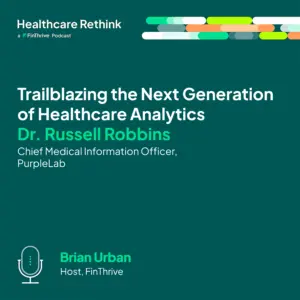The Future of Education: NCEE’s Blueprint for Reinventing Schools
Founded in 1988, the NCEE (National Center on Education and the Economy) is a non-profit organization dedicated to helping states, districts, and schools discover, design, and lead high-performing education systems. The organization does this by studying school systems worldwide to gain insights into best practices and what does and does not work. The goal – keep education systems in sync with the modern economy while creating the highest caliber of education.
Michael B. Horn, author of the book From Reopen to Reinvent sat down with Vicki Phillips, CEO at NCEE, and Jason Dougal, President and COO at NCEE to discuss the organization’s Blueprint for a High-Performing Education System report. The conversation opened with an introduction of how Phillips and Dougal found their way to NCEE.
Phillips impressive career includes stints at National Geographic, The Gates Foundation, and the PA State Department of Education. However, few people may know that her first job outside her home state of Kentucky was with NCEE. “One of the things I so valued that I learned there was the international benchmarking and the other work that the center was doing helped set for me when I went out to be a superintendent a north star of what really worked in practice,” said Phillips.
Dougal on the other hand came to NCEE from an alternative path having begun his career in a Manhattan law firm doing mergers and acquisitions. In 2003, he met the people who were running the organization while working on a small transaction for them. “I got to know the organization as an outside attorney. I fell in love with the mission. I fell in love with the people. They invited me to join the organization a little less than 18 years ago,” Dougal said. Since then, he has worked in a variety of roles.
Together, the three participants bring a wealth of expertise to a discussion focused on the NCEE Blueprint report which highlights 30+ years of insights into how schools can redesign systems to support high performance. The report focuses on the following:
- Excellence, Equity, and Efficiency
- Effective Teachers and Principals
- Rigorous and Adaptive Learning Systems
- Equitable Foundation of Supports
- Coherent and Aligned Governance
The conversation opens with a look at how higher-performing school systems tend to have fewer teacher preparation programs. The report notes that some states in the U.S. have over 50 programs. However, it would be optimal for states to have no more than ten.
“What we noticed from our research and if you look at Finland where I believe there are seven maybe eight schools for teacher preparation, Singapore where there is a single one, Shanghai where there are just a couple – what you see in each of those jurisdictions is that the standard for teacher preparation is quite high. Therefore, only their most respected research universities have teacher prep programs,” explained Dougal.
Fewer programs allow jurisdictions to control the flow of future teachers and keep standards high. In some countries, teacher applicants to training programs are accepted at a rate of 1 out of 10 or even 1 out of 20. It’s very different from the U.S. where academic standards for acceptance are lower and programs less challenging which drives some of the challenges within the profession.
Phillips also noted that “as you might imagine, because expectations of the profession are high, the standards are high, satisfaction among teachers is also very high in those places.”







